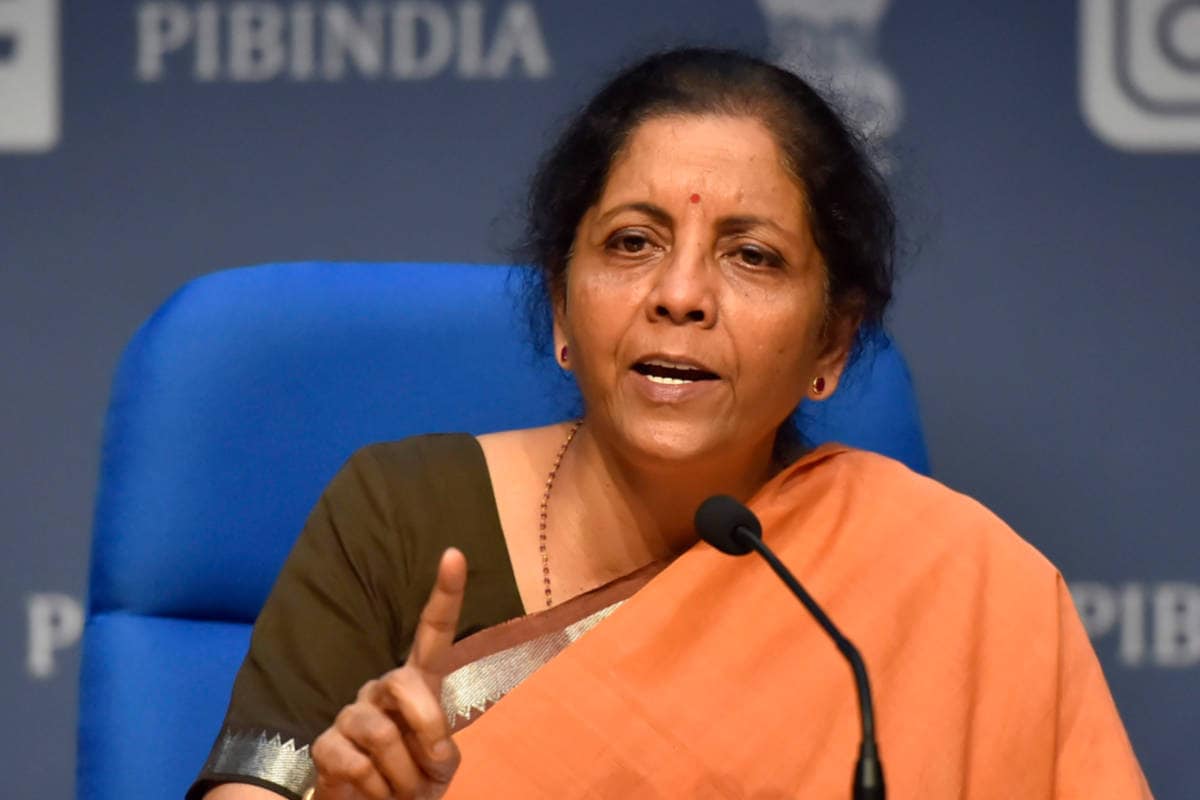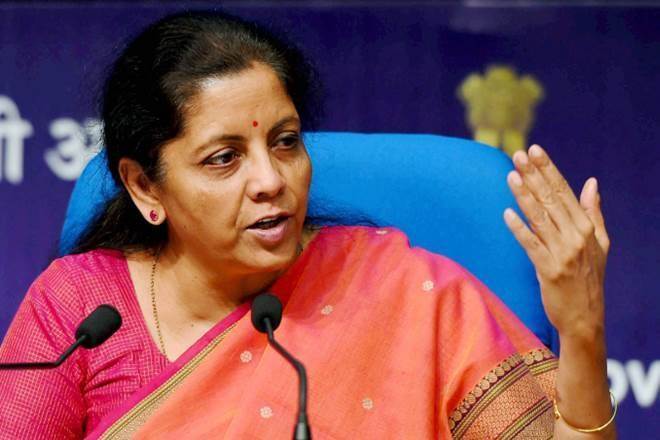According to Union Finance Minister Nirmala Sitharaman on Wednesday, the approval of the council members is required before petroleum items can be included in the GST. “The provision is already available for petroleum products to be brought into the GST. My predecessor had already made the window keep open. Once the states agree we will have the petroleum products also covered under GST. So, that’s not so much us not doing it, and the entire (GST) council saying ‘yes’,” she said.

She made the comments in response to a query while taking part in an interactive post-Budget session of the industry group, PHD Chamber of Commerce and Industry (PHDCCI), in this location. “Not just yes…what they (council members) have to do is to determine a rate and once they tell me the rate, we get it into the GST,” she added. On February 18, the national capital will play host to the 49th meeting of the GST Council, which will be presided over by the finance minister Sitharaman. On the Budget for 2023–2024, she added that the continued promotion of infrastructure development through increased capex spending is necessary to maintain India’s economic growth momentum.

The federal government, she said, is making sure that public spending keeps rising in order to have the intended multiplier effect on all the sectors. “The momentum on growth should not be relaxed or diluted, if anything, there should be greater ascent for that growth which we want to sustain at a good level,” she added. For the third year in a row, the amount spent on capital investments is being sharply increased by 33% to Rs 10 lakh crore, or 3.3% of GDP. This will almost triple the budget for 2019–20. Since 2015–16, the capex allocation has increased by four times, from Rs. 2.5 lakh crore to Rs. 10 lakh crore (budget estimate for 2023-24).

“For the last 3-4 years, there has been a consistent emphasis on public capital expenditure, such as in last year’s budget, and this year’s budget has seen a 30 per cent increase in capital expenditure. This is the first time in many years that the capital expenditure has reached a double-digit amount, making it the clear focus of this budget,” she added. She claimed the goal was to keep it “clear and simple” while discussing her 87-minute Budget speech. She later insisted that the government was following its strategy when discussing fiscal restraint.
The fiscal deficit decreased gradually from 7.3% in 2020–21 to the 5.9% projected for 2023–24. It was estimated at 6.4% for 2022–2023. She reaffirmed the government’s objective to reduce the fiscal deficit to less than 4.5% of GDP by the fiscal year 2025–2026 in her Budget speech. “I must congratulate the entire ministry for ensuring that the budget which is fiscally responsible but very clear on the target that the growth has to be momentum,” she added.

